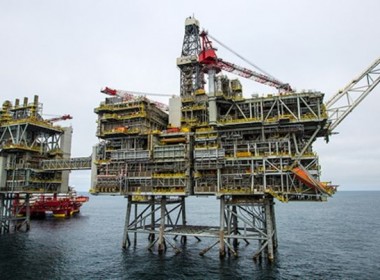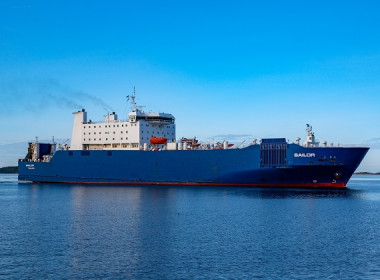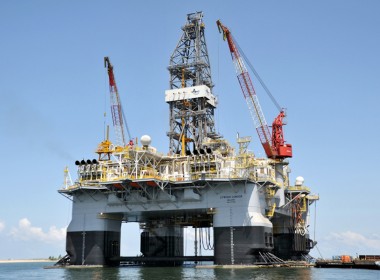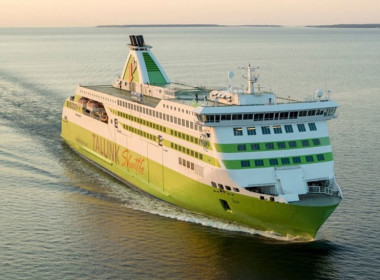Tallink Grupp reports net loss of €108.3 million for FY 2020

Tallink Grupp has published its 2020 financial results and reported an unaudited net loss of €108.3 million (US$132.3 million) for the 2020 financial year (net profit of €49.7 million – US$60.7 million – in 2019).
Tallink said the loss resulted from travel restrictions, border closures. and states of emergency due to the global Covid-19 pandemic.
The group’s unaudited consolidated revenue amounted to €442.9 million (US$541.3 million) in 2020, which is a 53 per cent drop compared to the previous year (€949.1 million – US$1.16 billion – in 2019) and the group’s unaudited EBITDA for the financial year also declined in 2020, reaching €8 million (US$9.7 million) compared to €171.1 million (US$209.1 million) in 2019.
The company said that, considering the 62 per cent reduction in the company’s passenger numbers for the year, the 5.2 per cent decrease in the number of cargo units carried and a significant 20 per cent reduction in the number of trips operated in 2020 compared to 2019, the results for the year, when the world was ravaged by a global health and financial crisis, are unsurprising.
As a result of travel restrictions that were in place to varying degrees throughout the year, several of the company’s normal daily operating routes have been suspended since March 2020 (Tallinn-Stockholm, Helsinki-Stockholm and Riga-Stockholm) and the company’s hotels and restaurants were closed for shorter or longer periods during 2020.
The company attempted to boost its operations by setting up various temporary routes during summer 2020 and by operating a number of special cruises in areas where travel restrictions allowed operations, but these attempts were once again curbed in autumn 2020 with travel restrictions gradually re-imposed across the region.
Despite the extremely challenging operating conditions, the company continued to look towards the future and made investments during the year in the total amount of €100.1 million (US$122.3 million). The majority of the investments were made to the company’s fleet with the completion of the prepayment installments for the new LNG-fuelled vessel MyStar making up the largest part of the capital expenditure.
A smaller proportion of the investments were made to enhance the existing fleet’s energy efficiency and emissions reductions projects, which are vital for meeting the company’s sustainable development goals, and into increasing the company’s cargo capacity by acquiring the cargo vessel Sailor.
Tallink remarked that, when MyStar starts operating on the Tallinn-Helsinki route in early 2022, a “green bridge” between Estonia and Finland will be established.
To carry out the investment commitments and to ensure the sustainability of operations, a key area of activity for the company throughout the year was negotiations with financial institutions. As a result of successful developments in this area, the group ended the year with a total liquidity buffer of €147.1 million (US$179.8 million).
Part of the efforts to ensure liquidity in 2020 also included omitting dividend distribution and the management board will propose not paying a dividend in 2021 as well.
The most significant challenge and impact of the crisis was on the company’s employees. Due to reduced operations and a critical need to bring the company’s income and costs in line, the company was forced to undertake a number of personnel-related processes throughout the year, including lay-offs, temporary reductions in working hours and pay, as well as collective redundancies.
As a result of the various processes in all the company’s home markets, employee numbers across the group reduced during the year from 7,240 at the end of 2019 to 4,237 at the end of 2020 (out of whom approximately a further 400 are currently on parental leave).








